PHP Deprecated: Creation of dynamic property Joomla\Registry\Registry::$default is deprecated in /home/authorsinfo/public_html/libraries/vendor/joomla/registry/src/Registry.php on line 937
PHP Deprecated: Creation of dynamic property plgContentLayerslideshow::$context is deprecated in /home/authorsinfo/public_html/plugins/content/layerslideshow/layerslideshow.php on line 38
PHP Deprecated: Creation of dynamic property SocialPoints::$string is deprecated in /home/authorsinfo/public_html/administrator/components/com_easysocial/includes/dependencies.php on line 123
PHP Deprecated: Creation of dynamic property SocialBadges::$string is deprecated in /home/authorsinfo/public_html/administrator/components/com_easysocial/includes/dependencies.php on line 123
The Writer's Life 4/19
John Grisham is one of the most successful authors of all time, his books selling more than 250 million copies and translated into numerous languages. Eight of his novels have been adapted to film. I finally got around to sampling his work, reading The Appeal (2008). I didn't like it. The major problem is that one side of the case in question is egregiously guilty of wrongdoing. That robs it of the conflicts that make art interesting. It becomes a David and Goliath story, and the only drama is if the evil corporate forces will get their comeuppance or win out. Of course, there has been and likely always will be much hanky-panky by big business, but, when the wrongdoing is so clear, it's a better fit for journalistic expose`. Whether the reader likes the book or not may come down to his overall opinion of the legal profession. I view lawyers of all stripes as a necessary evil, not heroes. This novel is a cautionary tale, at the end showing the consequences of having a court partial to the interests of business, the little guy at the mercy of corporate malfeasance. Although there is nothing implausible in the plot, I believe the problem at present is that our society has become overly litigious, and I don't see anything that threatens that. Of course, there may be a maneuvering behind the scenes, as occurs in the novel. The political and legal machinations are its strengths. The prose and dialogue are solid. The author betrays his bias throughout the book. On a scale of five, I rate The Appeal two.
Here's an example of what I mean by the conflict that makes compelling art. On last night's episode of MI5, broadcast on PBS, it is revealed that a young woman working for the London headquarters of a Russian company had been recruited to spy on it three years ago. She is outed, barely escapes, and is taken to a safe house. Although the agency manages to stop the man doing the outing and counters with a story that it was a hoax, the woman is still in danger. She is handed an envelope filled with money by the section chief and left to her own wits. The agency does not want the Russians to know they were being spied on. She can't believe she is being abandoned. She says something like: "You lied to me, Karen. You said you'd protect me." The section chief looks at her and says, calmly: "My name is not Karen, and I don't know you." And she walks away. Her name is Erin. The good guys in the dirty, cold-blooded business that is spying know that fine people will occasionally be burned for the greater good, and it sets off an inner debate in the viewer. That is art. The fate of the woman is not revealed. Not so one of the regulars, who is killed off. I wonder what the actual death rate is for British spies on UK soil. I sense it is rare. It is frequent on this great series. Even it has its flaws.
Mark visited the floating bookshop today, sweating up a storm at the end of a long jog. He told me how much he liked Mother, the most recent story of A Hitch in Twilight he has read. He asked what I was trying to say, as if there might be deeper meaning. Although my intent, which I won't reveal here, was simple, there are Biblical references I knew the reader might interpret as symbolic. I used them as color. Although the story was fun to write, I'm not sure it's successful. The mystery of the universe cannot be boiled down to a 2000 word story. We got to talking about the subjective nature of art, of how 100 readers might interpret a work in 100 ways. He mentioned The Old Man and the Sea, whose meaning has been debated for decades. Mark recently read an article by Hemingway himself, which said the huge fish was symbolic of the body of his work, and the predators that reduce it to a skeleton the critics who savaged him. Fascinating. Thanks, Mark, and to the folks who purchased books today.
Read Vic's stories, free: http://members.tripod.com/vic_fortezza/Literature/
When you subscribe to the blog, we will send you an e-mail when there are new updates on the site so you wouldn't miss them.
PHP Deprecated: Creation of dynamic property EasyBlogPost::$isImage is deprecated in /home/authorsinfo/public_html/administrator/components/com_easyblog/includes/themes/helpers/post/entry.php on line 415
PHP Deprecated: Creation of dynamic property EasyBlogPost::$isImage is deprecated in /home/authorsinfo/public_html/administrator/components/com_easyblog/includes/themes/helpers/post/entry.php on line 415
PHP Deprecated: Creation of dynamic property EasyBlogPost::$isImage is deprecated in /home/authorsinfo/public_html/administrator/components/com_easyblog/includes/themes/helpers/post/entry.php on line 415
PHP Deprecated: Creation of dynamic property EasyBlogPost::$isImage is deprecated in /home/authorsinfo/public_html/administrator/components/com_easyblog/includes/themes/helpers/post/entry.php on line 415
PHP Deprecated: Creation of dynamic property EasyBlogPost::$isImage is deprecated in /home/authorsinfo/public_html/administrator/components/com_easyblog/includes/themes/helpers/post/entry.php on line 415
PHP Deprecated: Creation of dynamic property EasyBlogPost::$isImage is deprecated in /home/authorsinfo/public_html/administrator/components/com_easyblog/includes/themes/helpers/post/entry.php on line 415





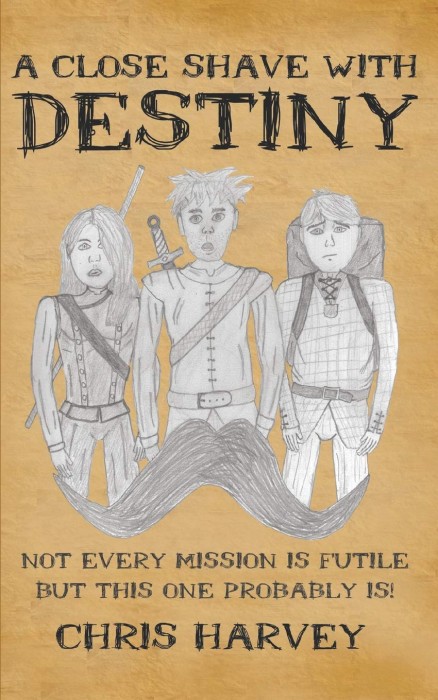


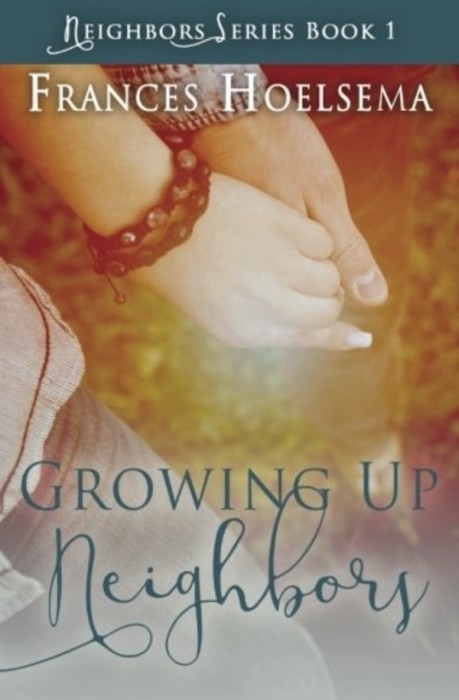

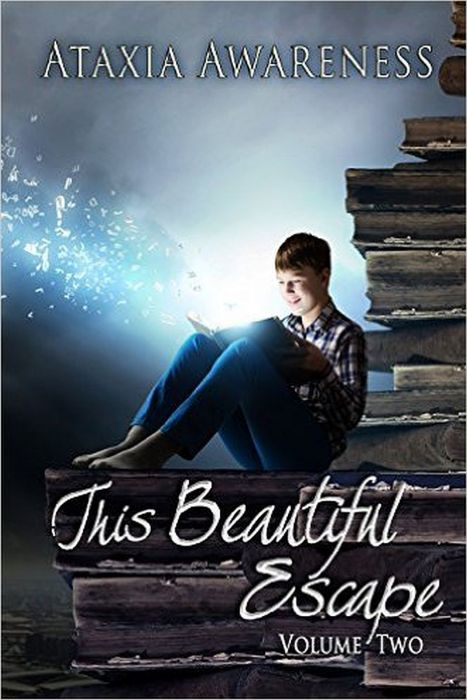
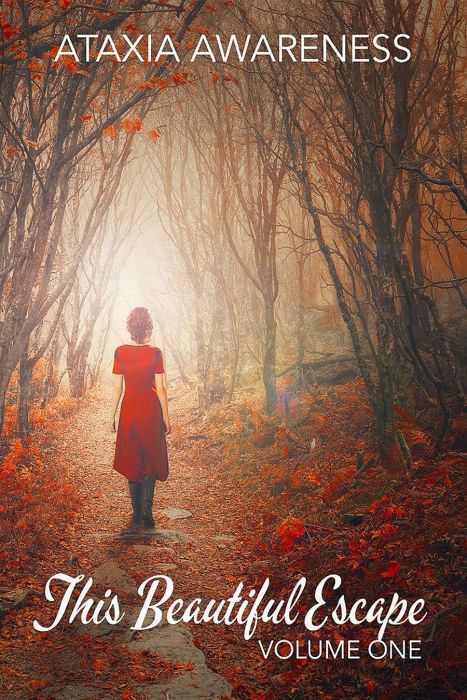
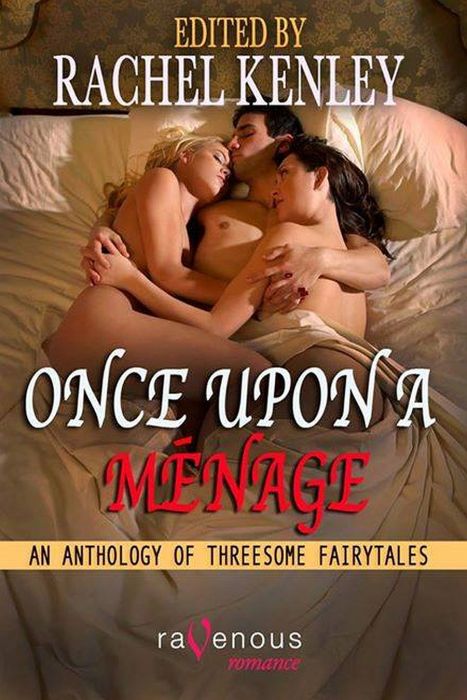
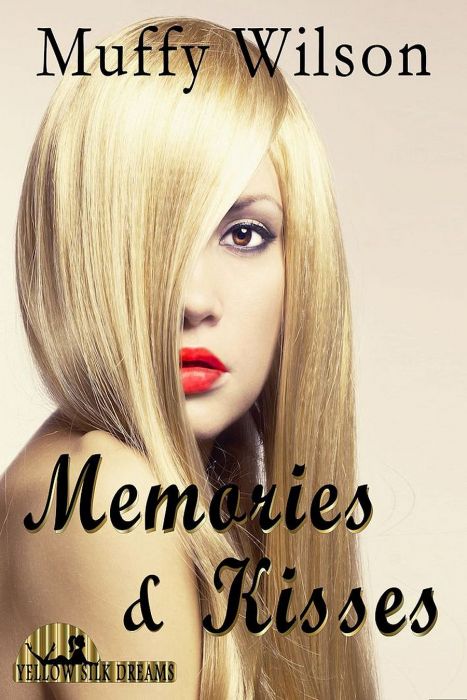
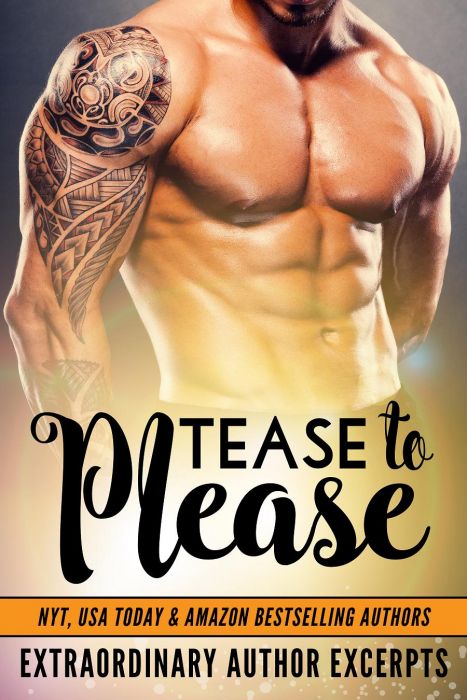
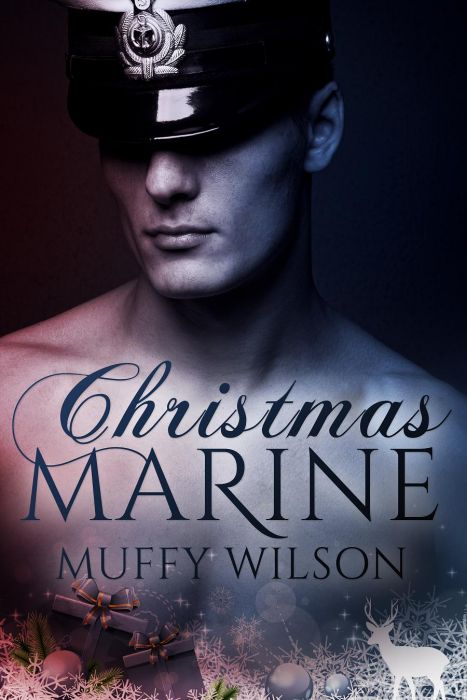

Comments